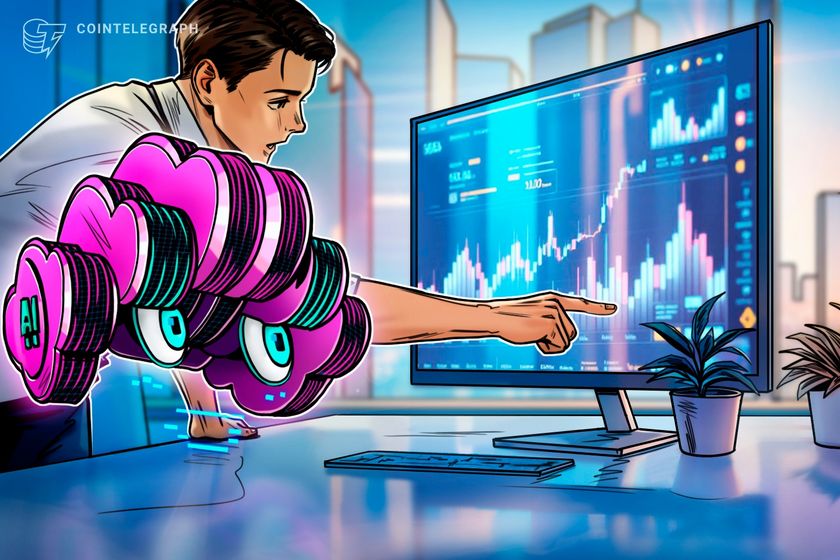How to develop an AI agent for crypto trading
AI-powered trading agents enhance crypto trading by learning and adapting strategies in real-time, utilizing machine learning (ML) and deep learning (DL) to analyze vast data for profitable trades. They employ supervised learning to predict price movements based on historical data and reinforcement learning to refine strategies dynamically. Natural language processing (NLP) tools assess market sentiment from news and social media, aiding in decision-making. Building an effective AI trading agent requires technical, financial, and analytical skills, necessitating a multidisciplinary team. Key components include a robust architecture, real-time data processing, and adaptive learning capabilities. AI models learn through supervised learning, reinforcement learning, and hyperparameter tuning to identify high-probability trades while managing risks. Performance validation involves testing in historical conditions and monitoring metrics like the Sharpe ratio. Deployed agents require ongoing optimization and retraining to adapt to market changes. Challenges include market volatility, regulatory uncertainties, and data integrity issues. Future advancements may include decentralized AI models and quantum computing, emphasizing the need for continuous refinement and compliance with regulations.














